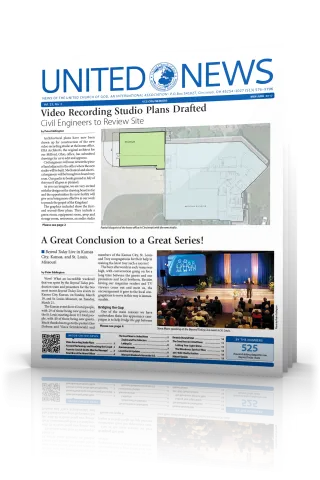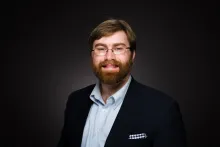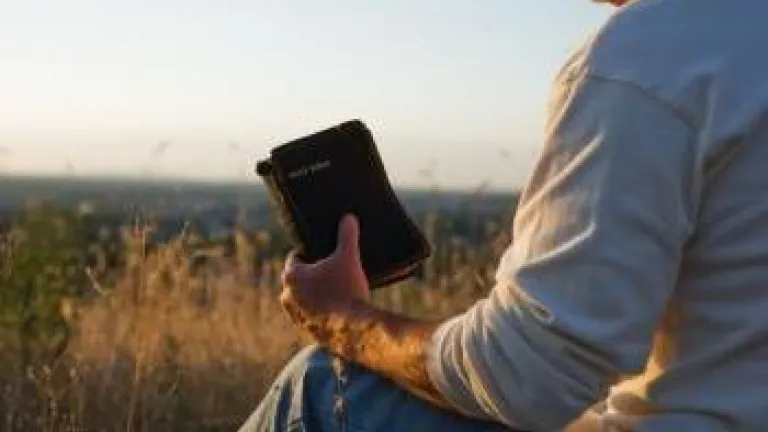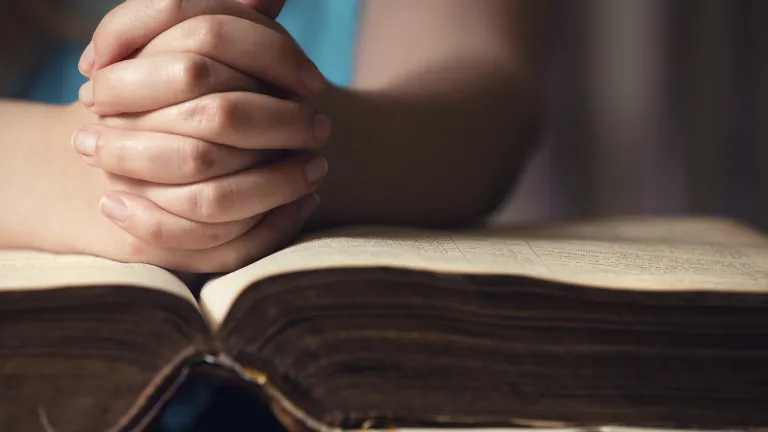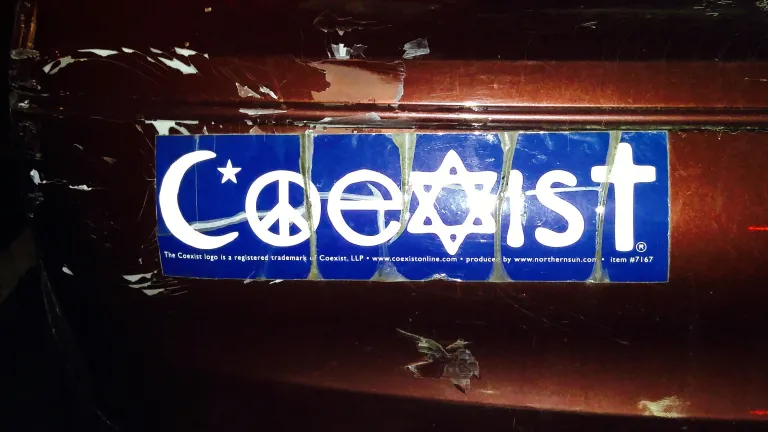Zealots and Tax Collectors

In first-century Judea, the Jewish world was incredibly fragmented.
Disputes between the Pharisees and Sadducees stick out, for instance. But there were other sects, philosophies and religious-political movements in the Jewish world at the time, each with their own view of what it meant to please God, to be Jewish or how to exist under Roman rule.
One of these groups was formed in approximately A.D. 6 after new taxation policy came to be enforced by the governor at the time, Quirinius. They were dedicated to resistance of Roman occupation—particularly violent resistance. They were known as the kana’im—the Zealous Ones. Today we know them by our transliteration of their Greek name, the Zealots. They were known to camp out in the hill regions and strike Roman villages and caravans, killing and injuring some and disrupting everyday life. In a lot of ways they were similar to modern-day terrorists.
They especially loved to target other Jews who they saw as cooperating with or compromising with the Romans. Tax collectors were one of their number-one targets, not only for their role in cooperating with the Romans, but also in helping to oppress their fellow Jews. Tax collectors were widely hated in Judea, but the Zealots took it to a new, bloody and violent level.
Knowing the story of the zealots it’s easy to be surprised by what we read in Luke 6:12-16, where Luke lists the 12 inner-circle disciples of Jesus. Notice one of the disciples: “Simon the Zealot.” Here among Jesus’ inner circle and most intimate friends we have a man who was, at least at some point, connected with one of these violent, infamous revolutionaries.
But there’s an even bigger shock: Another one of Jesus’ disciples was “Matthew the tax collector” (Matthew 10:3).
It’s easy to read right over this without understanding the first-century context of tax collectors and revolutionaries. But this is truly shocking. Here, in the very inner circle of Jesus Himself, are a Zealot and a tax collector—the absolute polar opposite ends of the Jewish societal and cultural spectrum. And what’s more, Simon represented a group that sought to carry out violence on the group Matthew represented.
“Our role in reconciliation with one another, along with repentance from sin, is speaking and acting in a godly, loving manner toward one another.”
To outside observers this must have looked like madness. Two men who should have been mortal enemies traveling together, eating together and learning from this great Teacher together. Who was this Man that He could make peace even between a tax collector and a Zealot? We know who He was. He was the Son of God, and just like Simon and Matthew were His disciples, today we are His disciples.
The world of our day is also extremely divided: liberal and conservative, Democrat and Republican, Catholic and Protestant, Shiite and Sunni, Women’s March and March for Life. Everywhere we look we see division, conflict, hatred—even including violence.
Unfortunately, even in the Church, we have divisions. Thankfully they’re usually not so severe, but disagreements turn into fights, congregations split and families are broken. This sort of conflict isn’t what God desires for us. The brotherhood and friendship that developed when God called a tax collector and a Zealot are proof of this. It’s also a source of hope for us that we can make peace in just the same way.
We don’t get to see what the healing and peace-making for Simon and Matthew was like. But I’m sure it didn’t happen overnight. It was a process, and they had to work through it. What would it have taken? First, it takes both parties having a relationship with God and Christ for reconciliation to even begin.
“Therefore if you bring your gift to the altar, and there remember that your brother has something against you, leave your gift there before the altar, and go your way. First be reconciled to your brother, and then come and offer your gift” (Matthew 5:23).
This is a hard teaching to obey and incorporate because it puts the hard stuff first. Jesus said that our priority should be to reconcile and make peace with our brothers and sisters who we have a problem with, even before an act of worship like leaving a gift at the altar. Even more, He’s saying that becoming reconciled with others is an act of worship to Him. It’s pleasing to Him.
That’s a message that must have been impactful for Simon and Matthew, and it’s one that must be impactful in our lives if we have divisions in our families, in our church or in our friendships. Matthew’s and Simon’s lives were changed in this way and should give us hope that our lives can be as well.
Paul expressed this here: “Where there is neither Greek nor Jew, circumcised nor uncircumcised, barbarian, Scythian, slave nor free, but Christ is all and in all” (Colossians 3:11).
Paul is talking about the divisions of his day. There were walls—both literal and metaphorical—between Greeks and Jews, between peoples of other nations, between slaves and their owners. But in Christ those walls dissolve and reconciliation can begin.
We’ve got similar walls today. The issues may not all be the same as they were in Paul’s day, but the spiritual root of the problem is the same—sin—and the spiritual solution is the same as well. Just as the Christians who Paul was working with were coming out of a broken society, so are we today. We bring baggage from that society along with us. But what Paul is saying is that we can’t let those things remain and continue to harm our relationships in the Church. There is reconciliation because we are all one in Christ. We all have a role in this reconciliation.
“But now you yourselves are to put off all these: anger, wrath, malice, blasphemy, filthy language out of your mouth. Do not lie to one another, since you have put off the old man with his deeds, and have put on the new man who is renewed in knowledge according to the image of Him who created him” (Colossians 3:8).
Our role in reconciliation with one another, along with repentance from sin, is speaking and acting in a godly, loving manner toward one another. Nobody ever managed to actually heal hurts or repair broken relationships by continuing to lie about someone, swear at them or treat them poorly. There’s a whole lot of healing that can begin just with a kind word or a loving gesture toward someone you’ve had issues with in the past.
As Simon the Zealot and Matthew the tax collector traveled together, studied together and served together, they would have had a lot of opportunities to just sit down and talk. They probably had a lot of ground to cover.
I imagine there were frank discussions about things they had done in the past that they weren’t proud of and that they had to repent of. I imagine there was some laughter, and I imagine there were tears. There were apologies, and there was forgiveness.
We also have problems today because of divisions, rivalries, jealousies and sins. But as you think of the relationships in your life that need healing, and as you think of the reconciliation you desire but haven’t reached yet, I hope their story will be an inspiration to you to reach out, say a kind word, sit down and talk. And I hope that will in turn be the start of a true reconciliation that will last for eternity.
